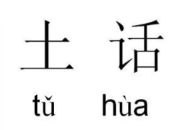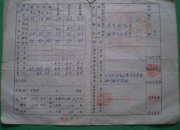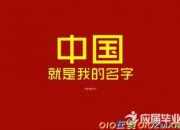英语作文:越南战争
时间:2021-08-31Between 1945 and 1954, the Vietnamese waged an anti-colonial war against France and received $2.6 billion in financial support from the United States. The French defeat at the Dien Bien Phu was followed by a peace conference in Geneva, in which Laos, Cambodia, and Vietnam received their independence and Vietnam was temporarily divided between an anti-Communist South and a Communist North. In 1956, South Vietnam, with American backing, refused to hold the unification elections. By 1958, Communist-led guerrillas known as the Viet Cong had begun to battle the South Vietnamese government.
To support the Souths government, the United States sent in 2,000 military advisors, a number that grew to 16,300 in 1963. The military condition deteriorated, and by 1963 South Vietnam had lost the fertile Mekong Delta to the Vietcong. In 1965, Johnson escalated the war, commencing air strikes on North Vietnam and committing ground forces, which numbered 536,000 in 1968. The 1968 Tet Offensive by the North Vietnamese turned many Americans against the war. The next president, Richard Nixon, advocated Vietnamization, withdrawing American troops and giving South Vietnam greater responsibility for fighting the war. His attempt to slow the flow of North Vietnamese soldiers and supplies into South Vietnam by sending American forces to destroy Communist supply bases in Cambodia in 1970 in violation of Cambodian neutrality provoked antiwar protests on the nations college campuses.
[英语作文:越南战争]相关文章:











